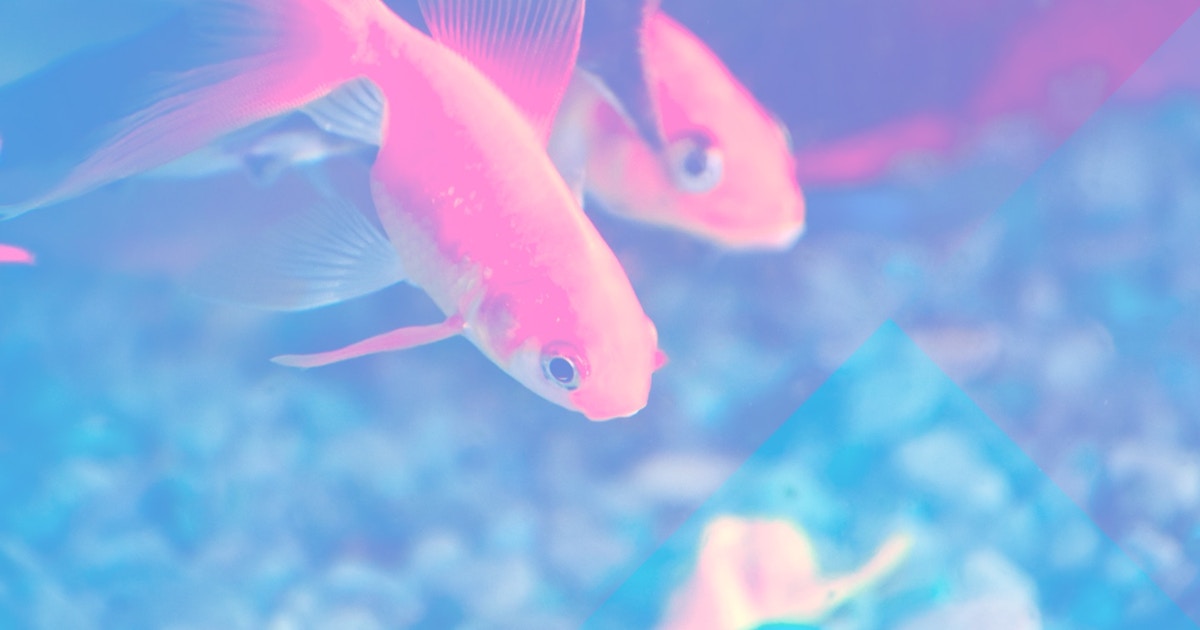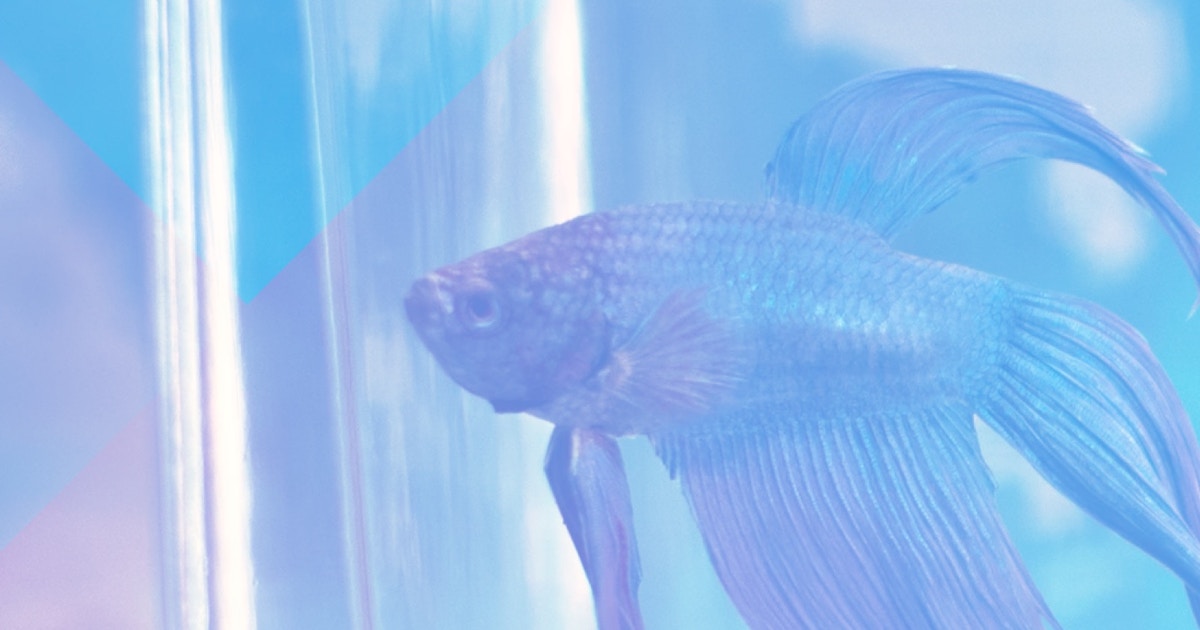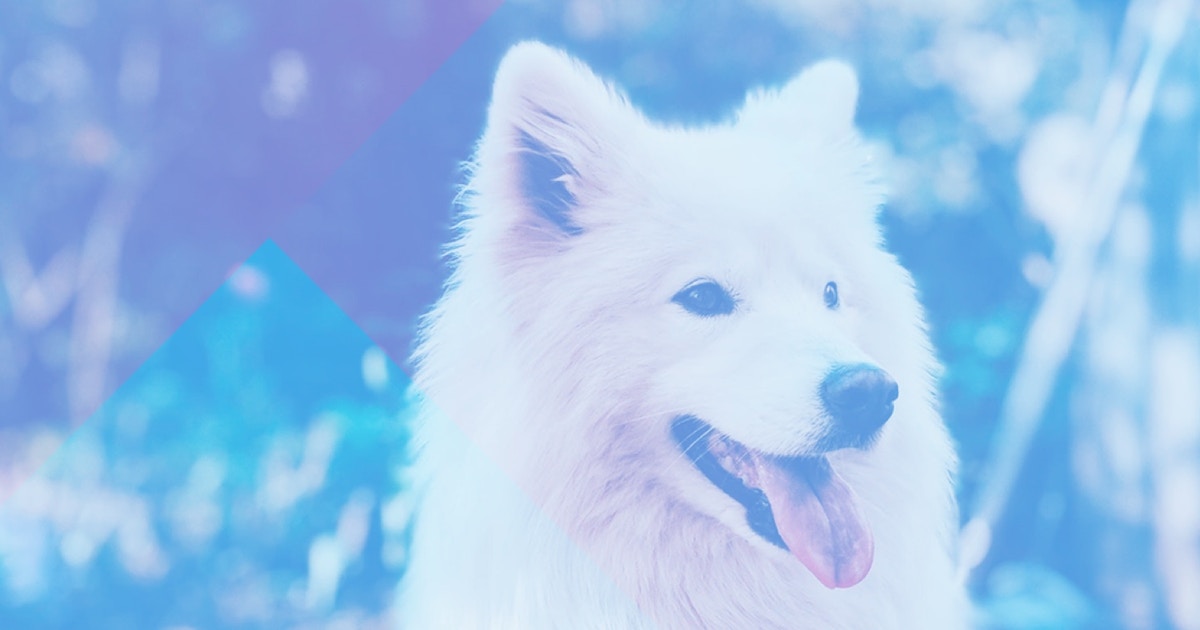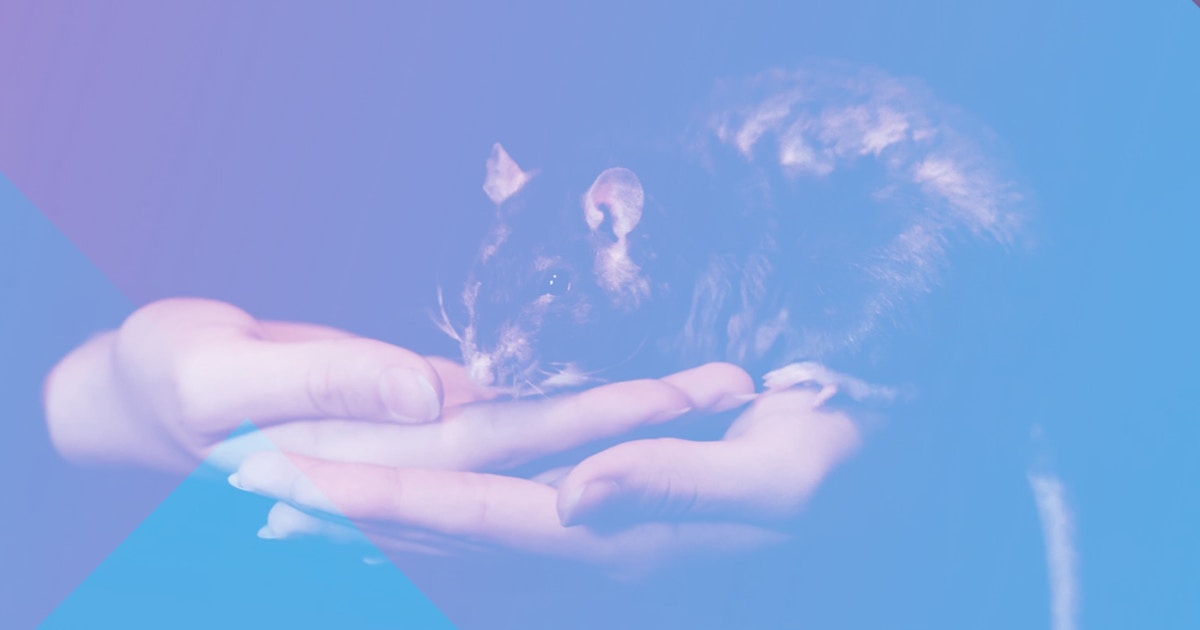I Am Sober is a free app that helps you get some control back in your life.

Best Pets For Your First Year Sober
Last Updated: Tue, January 23, 2024In your first year sober, many professionals and treatment centers recommend getting a pet to help keep you sober. They suggest this for several reasons:
1. Increased Responsibility
This is a big one especially for people who have recently left rehab. Rehab has your time scheduled out, so heading back into your day-to-day life and trying to rebuild a routine from scratch – that doesn’t look anything like your previous inebriated life – can be a challenge. By adopting a pet, you force new elements of a routine that involve feeding, cleaning, and playing with an animal. It’s a lot of effort (with a lot of reward) that can help you organize a new routine around something you love: the pet.
2. Unconditional Love
Even though you should abandon guilt – and it’s ugly older brother shame – it’s difficult to do when you keep remembering things you’ve done and people you’ve hurt. Even if you don’t bring it up, others are likely to even if it’s unintentional. What’s helpful with a pet is they provide unconditional love. It’s arguably part projection on our part, but animals do build a dependency even if part of it is simply recognition of where their food is coming from. Regardless, an animal is like meeting someoene new at this new stage in your life (starts learning who you are as you do) and provides nothing but love. This positivity can seep into other facets of your life and provide internal encouragement.
3. Reduced Stress
It’s no surprise that animals reduce stress. Many veterans get dogs to help their PTSD and even schools provide therapeutic puppy days before final exams. Therapy animals can increase the stress-reducing hormones in the body, thereby making you less likely to relapse from panic or pressure.
With all that in mind, pets can be a great way to stay sober. In your first year however, a pet too early may feel daunting. Even with those benefits, pets do cost money in food, toys, and maintenance. None of that even considers the cost of the animal’s health – especially if they’re shelter animals, you’ll want to get a checkup to make sure everything’s okay. For those who attend AA, you’ll know that it’s recommended you don’t date until you’re at least one year sober and many would argue that case for adopting a pet as well. However, in this list, we’re recommending several animals in your first year sober. These animals are low-maintenance (lower than others anyway), but even then you should at least be a few months sober before taking on an animal.
Best Animals For Your First Year Sober
1. Fish

Now in this instance, I highly recommend a beta fish because they don’t require a filter. You can easily keep them in a moderately sized bowl and change the water every few days. Depending on your work, you can even get a beta a self-feeding plant to keep a consistent stream of food over several days.
A fish may seem basic, but in your first year sober, it’s the perfect outlet for you to explore other hobbies. You can decorate with DIY accessories, making the fish bowl a reflection of yourself. You can add fun, interactive knickknacks and, let’s be honest, you can sit and watch a fish for hours. The silence helps you check in with yourself too, it’s very meditative care.
2. Dog (not puppy)

A puppy is work. It’s bombastic, needs training, whines incessantly and many people struggle more with a puppy than a baby. Do not adopt a puppy in your first year sober. Instead, adopt a dog that’s already housebroken from a shelter. Not only will you feel good for taking in an unwanted animal, but you’ll no doubt have a much lower maintenance animal.
A dog is great for many people in recovery as it easily lays out your day-to-day routine. They need attention, food, toys (that they’ll destroy and need to be replaced) and, best of all, they need to walk. With a dog, you get outside and do lots of walking. This is useful in staying sober as any time you feel the pull to relapse, you go for a walk with an unconditionally loving animal. And, if you don’t want to go for a walk, go for a drive with your furry companion. Most dogs love a good drive.
3. Rat

A little more maintenance than a fish, but less maintenance than a dog. Rats are intelligent and can be cuddly, but they take up very little space and don’t necessarily need to come out of their cage. You can teach them tricks, build them a maze, and on some level you can project what you’ve been through onto them.
Rats are frequently used in drug abuse studies and their behaviors are very similar to us, humans. One of the biggest revelations a doctor found was that rats in positive, social environments discontinued drug use voluntarily. What’s more, many formerly addicted rats recovered once they found themselves in a positive environment. Together you and the rat can make a positive environment and recover together.
A pet won’t stop your cravings or keep you sober automatically, but it does add a healthy layer of defense. Unlike a substitute addiction, a pet puts you on the right track in regards to building a new routine, increasing your responsibility and staying sober as a contributing member of society. Of course, this does bring us to one animal’s notable absence, the cat.
Why You Shouldn’t Adopt A Cat In Recovery

Cats, like many animals, can be great. They can be cuddly, “kneady” balls of joy, but the fact is someone in recovery might need something different if the goal is to find an animal to keep you sober. Many cats, for instance, are self-sufficient and able to self-feed. This doesn’t add a tremendous amount of responsibility on your end if you can fill a food dish and refill it at your leisure. Cats can be trained to go on walks, but most owners either keep indoor cats or indoor/outdoor cats due to convenience. In either case, your cat is on its own most of the time. What’s more, cats sleep long hours, which again means you don’t need to alter your schedule much to maintain them.
None of this has to do with the cat’s behavior or personality, just their upkeep. They don’t need you which makes it difficult to recommend them as pets for people trying to stay sober by increasing their day-to-day responsibility. At least in your first year sober, a cat, may not be the best option.
I Am Sober is a free app that helps you get some control back in your life.




